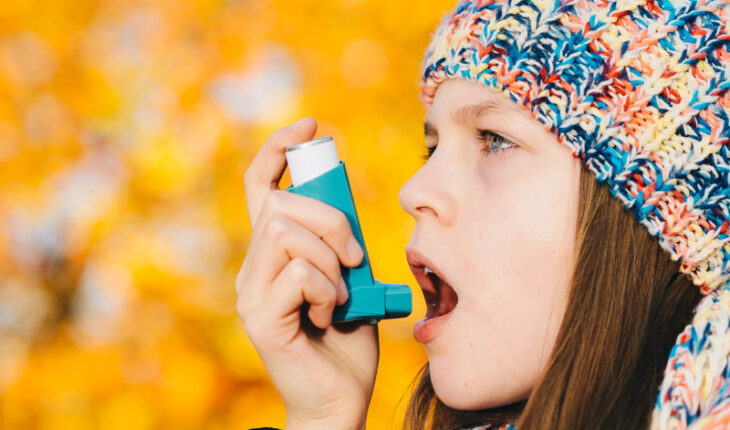Asthma, a chronic respiratory condition affecting millions worldwide, is often exacerbated by various triggers. Understanding these triggers is crucial for individuals managing asthma.
Allergens
Asthma sufferers are acutely aware of the impact allergens can have on their respiratory health. Substances like pollen, dust mites, pet dander, and mold are common culprits. When inhaled, these allergens can irritate the airways, leading to inflammation and bronchoconstriction, key components of an asthma attack. For those susceptible, seasonal changes can bring about heightened exposure to pollen, while indoor environments may harbor dust mites and mold. Managing exposure to these allergens through regular cleaning, proper ventilation, and allergen-proofing living spaces is essential for asthma control. There are also occupational allergens that can trigger asthma symptoms in certain individuals. These can include chemicals, fumes, and dust found in various workplaces such as factories, farms, and hair salons. Occupational asthma is a type of asthma that is specifically triggered by exposure to these substances while on the job. It is important for those with asthma to work with their healthcare provider and employer to identify and minimize exposure to potential allergens in the workplace.
Pest Infestations
Insects like termites can release tiny particles into the air which trigger breathing issues. The particles, often airborne and easily inhaled, can provoke inflammation in the airways, contributing to asthma symptoms. Pest infestations, if left unaddressed, may persistently expose individuals to these triggers, making effective pest control measures crucial in asthma management. Pest infestations can also pose a threat to food safety and hygiene. Pests such as cockroaches, rats, and flies are known carriers of diseases and can contaminate food preparation surfaces and stored food items. This can lead to the spread of foodborne illnesses, making it important to promptly address any pest infestations in order to maintain a safe and healthy environment. Pest infestations can cause damage to property and structures. Termites, for example, can weaken the structure of buildings by feeding on wood, potentially leading to structural issues and even collapse in severe cases.
Pollution
In an increasingly industrialized world, pollution has become a significant concern for respiratory health, particularly for those with asthma. Air pollutants, such as particulate matter, nitrogen dioxide, and ozone, can aggravate asthma symptoms and trigger attacks. Individuals living in urban areas or near industrial zones may face higher exposure levels. Exposure to secondhand smoke, a potent asthma trigger, remains a concern. Asthma sufferers are advised to stay informed about air quality levels, limit outdoor activities during times of high pollution, and advocate for policies aimed at reducing environmental pollutants. Investing in air purifiers or utilizing air filtration systems in the home can help reduce exposure to indoor pollutants. Aside from respiratory health, pollution also has negative impacts on the environment and wildlife. Water pollution, often caused by industrial waste and agricultural runoff, can harm aquatic life and contaminate drinking water sources.
Understanding common triggers for asthma attacks is pivotal for individuals striving to manage this chronic respiratory condition effectively. By addressing these common triggers, individuals with asthma can better navigate their daily lives and proactively safeguard their respiratory well-being.
Did You Enjoy Reading This Article? Here’s More to Read: Environmental Issues That Could Be Causing Your Cough




